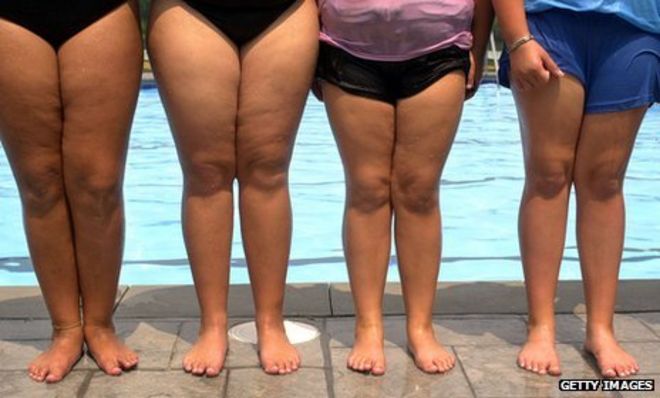Why do Children become overweight or obese?
In just 40 years the number of school-age children and adolescents with obesity has risen more than 10-fold,
Dr Vinaykumar Mukhekar
9/6/20252 min read


Childhood obesity is a complex health issue. It occurs when a child is well above the normal weight for his or her age and height. The causes of excess weight gain in young people are similar to those in adults, including behavior and genetics. Obesity is also influenced by a person’s community as it can affect the ability to make healthy choices.
Behavior
Behaviors that influence excess weight gain include eating high-calorie, low-nutrient foods and beverages, medication use and sleep routines. Not getting enough physical activity and spending too much time on sitting activities such as watching television or other screen devices can lead to weight gain.
In contrast, consuming healthy foods and being physically active can help children grow and maintain a healthy weight. Balancing energy or calories consumed from foods and beverages with the calories burned through activity plays a role in avoiding excess weight gain. It also helps to stop long standing diseases such as type 2 diabetes, some cancers, and heart disease.
It emphasizes eating a variety of vegetables and fruits, whole grains, a variety of lean protein foods, and low-fat and fat-free dairy products. It also recommends limiting foods and beverages with added sugars, solid fats, or sodium.
The Physical Activity Guidelines recommends children aged 6 – 17 years do at least 60 minutes of moderate to vigorous physical activity every day. Children aged 3 through 5 years should be physically active throughout the day for growth and development.
Community Environment
It can be difficult to make healthy food choices and get enough physical activity in environments that do not support healthy habits. Places such as childcare centers, schools, or communities can affect diet and activity through the foods and drinks they offer and the opportunities for physical activity they provide. Other community factors include the affordability of healthy food options and avoiding junk food advertisements aimed at children.
What are the consequences of Obesity?
More Immediate Health Risks are:
o Obesity during childhood can harm the body in a variety of ways. Children who have obesity are more likely to have
o High blood pressure and high cholesterol, which are risk factors for heart disease.
o Increased risk of diabetes.
o Breathing problems, such as asthma and sleep apnea.
o Joint problems and muscle discomfort
o Fatty liver disease, gallstones, and heartburn(acidity)
Childhood obesity is also related to:
o Psychological problems such as anxiety and depression
o Low self-esteem and lower self-reported quality of life
o Social problems such as bullying and stigma
What are the future health risks?
Children who have obesity are more likely to become adults with obesity. Adult obesity is associated with increased risk of many serious health conditions such as heart disease, type 2 diabetes, and cancer.
If you are concerned about your child’s body weight, the help is just one click away!
